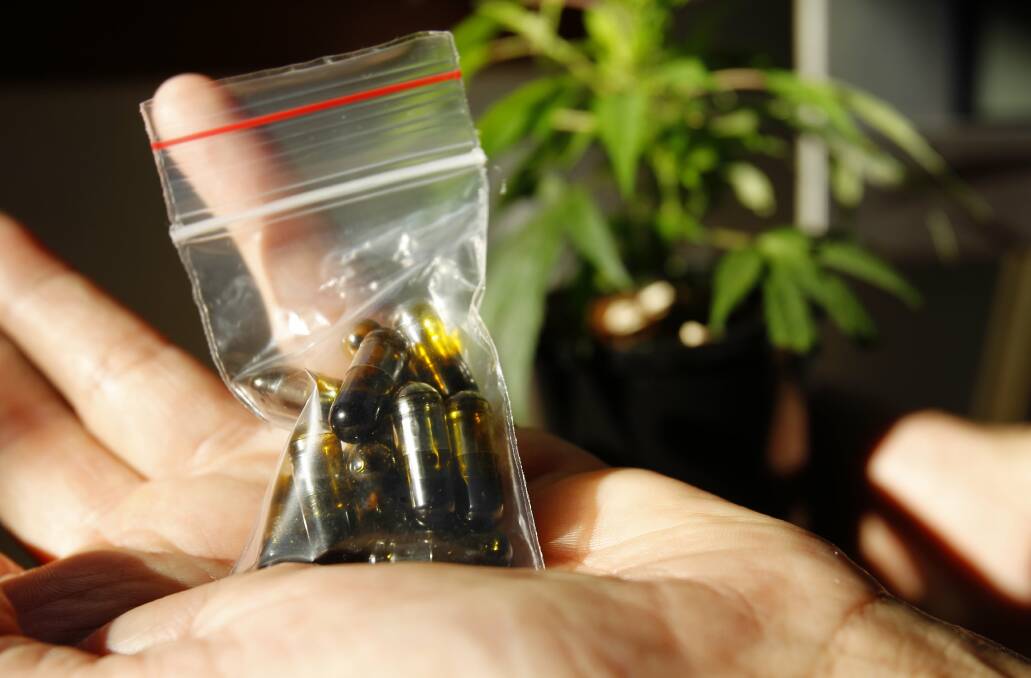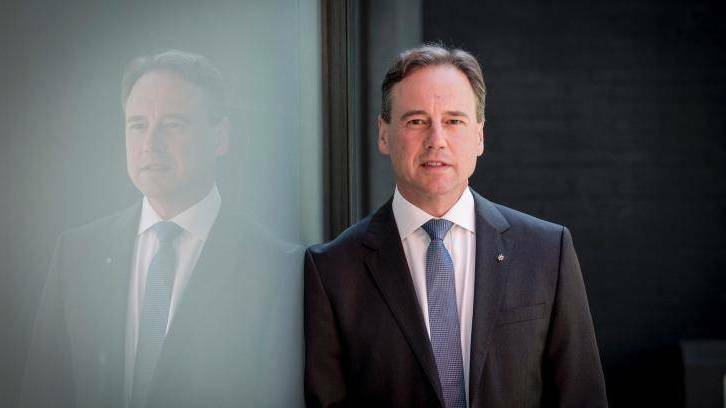
A move to speed up imports of medical cannabis has been welcomed by some Riverina advocates, but others have asked why Australia can’t grow its own.
Subscribe now for unlimited access.
$0/
(min cost $0)
or signup to continue reading
On Wednesday, federal Health Minister Greg Hunt announced an immediate streamlining of drug imports to make medical cannabis more readily available to doctors.
Greater Hume Shire mayor Heather Wilton, whose four-year-old grandson suffers from seizures, said the announcement was “very welcome”.
“There are many suffering children who could benefit from this medication,” Councillor Wilton said.
“My grandson suffers seizures and they’re controlled by other medications but one day he might need cannabis.
“I’m not going to wait until he needs it, I’ll talk to anybody who’ll listen and lobby for it.”
However, Narrandera herbalist and medical marijuana advocate Rach Cregan accused the government of putting profits before people.
“This is something we can grow ourselves – we have the land, the climate, the people and the know-how here but we’re going to buy it from overseas,” Ms Cregan said.
“It seems to me there’d be more control if growing cannabis was an Australian industry, with our own biosecurity and quality controls. It would also promote jobs and growth.”
According to the Office of Drug Control, medical cannabis products were only available through importation while the Australian domestic cultivation scheme was being developed.
However, Ms Cregan said a series of high-profile raids at the end of last year effectively shut down the illegal medical supply chain.

“It feels like it’s all delays before the corporatisation of (medical cannabis),” Ms Cregan said.
“It only takes 40 minutes to turn cannabis into medicinal oil, you could grow it in your backyard and make your own – even people with cancer can do it.”
On Tuesday, NSW Opposition Leader Luke Foley announced a bill to decriminalise medical cannabis possession for seriously ill or terminal patients, provided they met strict conditions.
“By passing this legislation NSW Parliament will be removing an unnecessary hurdle for sufferers of terminal and chronic illnesses,” Mr Foley said.
“Seeking respite from relentless and unwavering illness should not be a criminal offence, it should be met with sympathy and support.”


